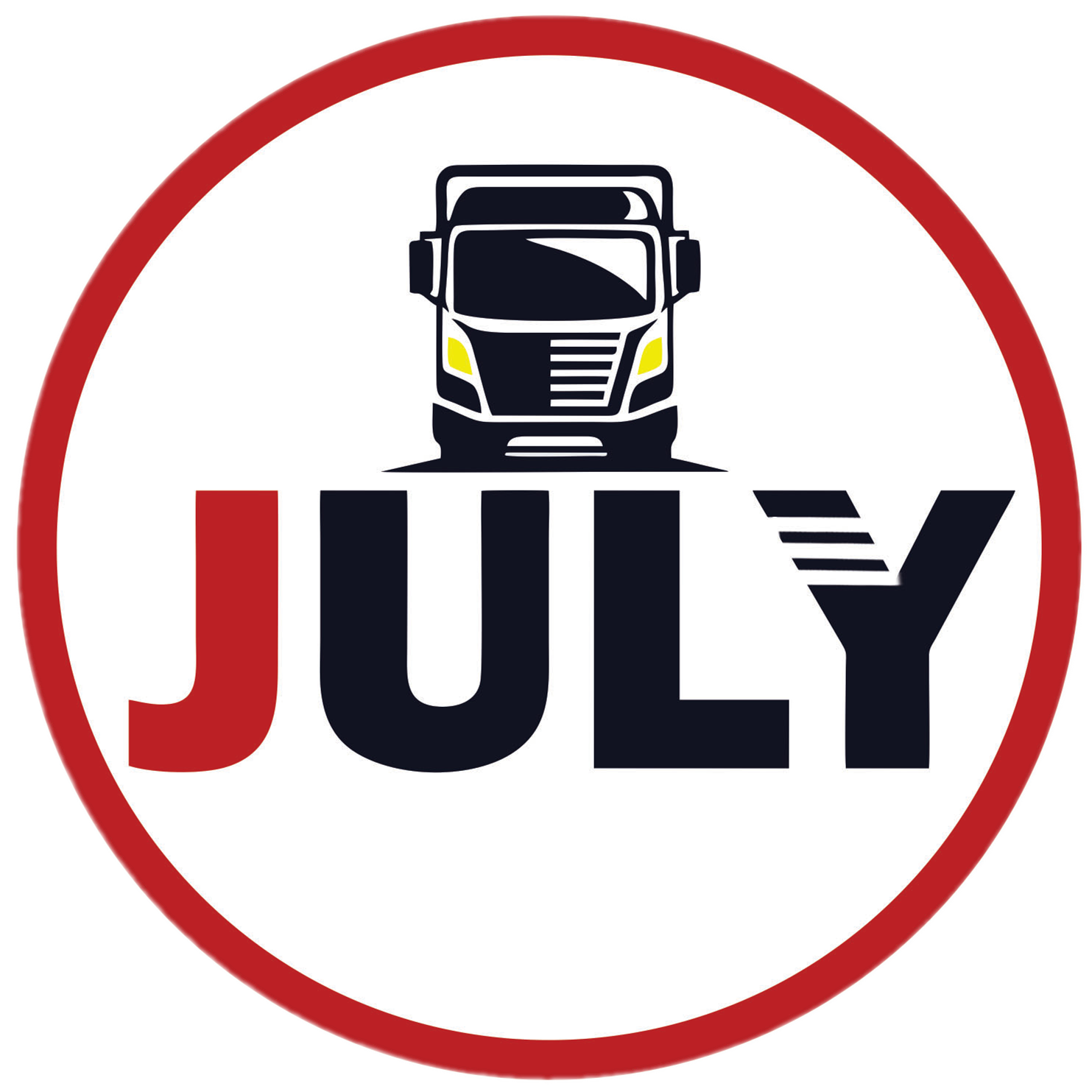CUMMINS DFSK DFM DFAC DONGFENG TRUCK PARTS DFL4251 DFL3251 5258744 DONGFENG XIAOKANG DONGFENG MINIBUS K17 5266969 5272666 5293669 5264757 5263374 5288908


CUMMINS DFSK DFM DFAC DONGFENG TRUCK PARTS DFL4251 DFL3251 5258744 DONGFENG XIAOKANG DONGFENG MINIBUS K17 5266969 5272666 5293669 5264757 5263374 5288908


Whether you're on the road or in the fields, we know that an engine failure in your diesel engine is more than just a minor inconvenience. It means lost time and lost profits. And if it's a failure in your fuel system, you can be looking at thousands of dollars in repairs.
WHAT ARE THE MOST COMMON PROBLEMS IN COMMON RAIL SYSTEMS?
There are a several things that can cause failures in common rail injectors and some of those are;
Ÿ Ball seat erosion
Ÿ Nozzle erosion
Ÿ Solenoid coil winding shorting
Ÿ Debris build-up
FUEL CONTAMINATION IS THE MOST "COMMON" PROBLEM
But perhaps the most common issues come from fuel contamination.
WHAT IS THE DIFFERENCE BETWEEN COMMON RAIL AND CONVENTIONAL INJECTORS?
THE COMMON RAIL SYSTEM
You might be wondering how contaminated fuel can cause such big problems in your common rail fuel system. This is in part caused by how the system operates.
A common-rail fuel injection system works differently than conventional injectors. Your common rail injectors are connected to a high-pressure rail that carries the fuel to the injectors. The fuel is delivered at a constant pressure. This helps you get better fuel efficiency, improved emissions, and more power.
THE CONVENTIONAL INJECTOR
With a conventional injector, the fuel may not have to be as clean, but they can't match the power you get from common rail injectors. But with that extra power, it's more important to ensure that the fuel you use is clean. Even a microscopic amount of debris can cause huge damage to your injectors.
That's because these injectors have much tighter tolerances than the injectors that have come before them. Before, a piece of dirt or debris may have passed through an older, conventional system, exiting as exhaust.
But now, with these newer common rail systems, that same debris can lead to injector failure.
IF YOU HAVE ONE BAD INJECTOR, THEY MAY ALL BE BAD
Because of the way the common rail system is set up, if you have contamination in one injector, all your components are impacted. It's not just one injector that's affected.
So, you can take the chance and replace just one injector if you want. But, it's likely that the contamination is still in the system. If one injector was exposed to contamination, they all were, and you'll likely be looking at further repairs not too far down the road.
WHY FUEL CONTAMINATION IS NOT IMPACTING OTHER EQUIPMENT
Common rail systems are a fairly new technology. Sometimes we'll get questions from customers who wonder why none of their other machines are affected if they're using bad fuel.
Often, it's because their other equipment is older, and the fuel systems or filtration systems can handle more. We're talking about engines with conventional injectors and rotary or inline pumps.
The common rail systems really need the cleanest, highest quality fuel.